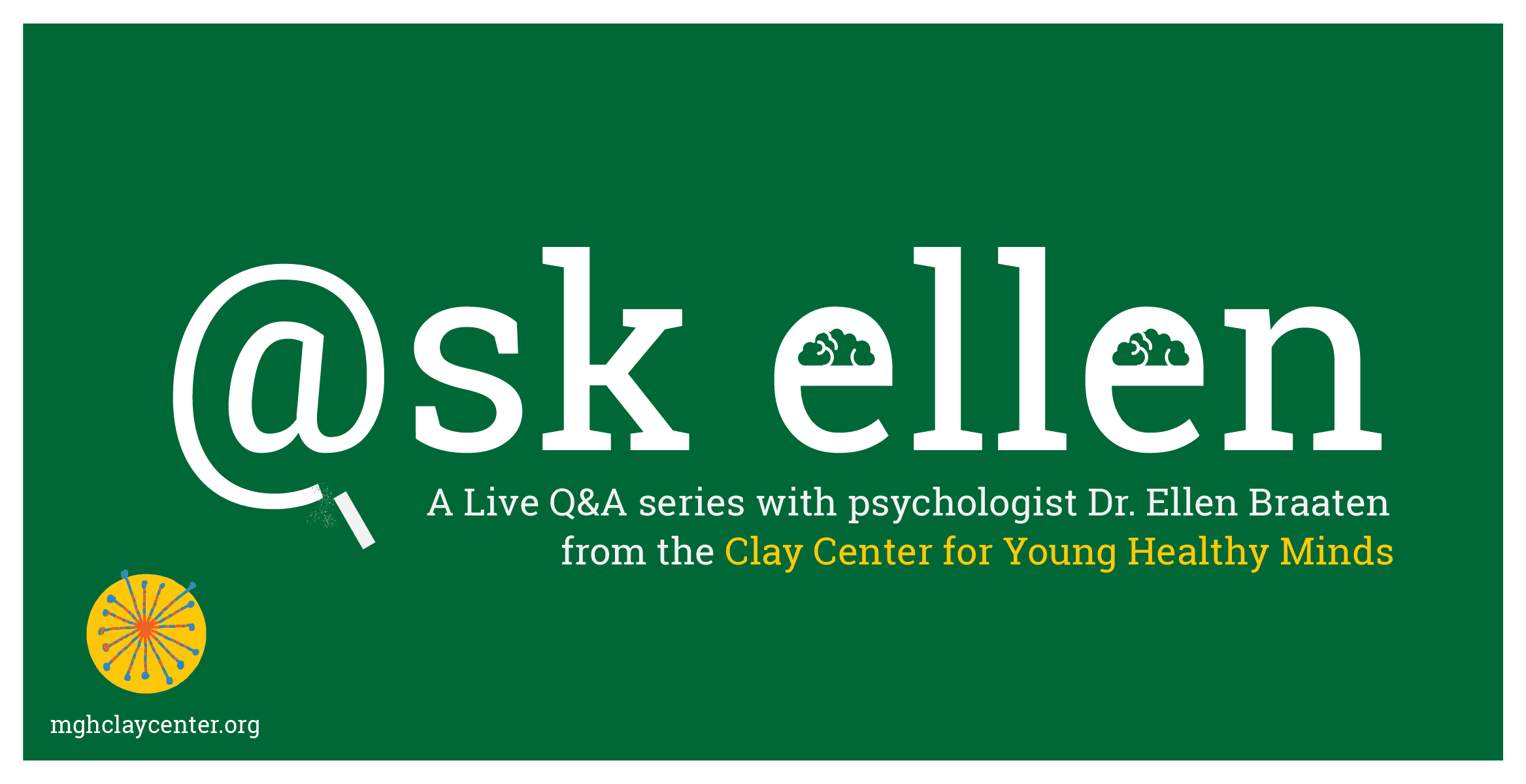Multimedia
How Do We Heal From Here? – Shrinking It Down

When the body is injured, it begins the healing process despite the ongoing physical injury. Our minds should be no different. Right now – amidst a pandemic, economic strain, political tension, rising mental illness, and more – we are desperately in need of emotional healing, despite the many challenges ahead.
Talking About ADHD
It’s normal to be distracted or disorganized from time to time. But some kids have more trouble paying attention and staying on track than their peers. In this Parent Strategy Announcement (PSA), Dr. Gene Beresin and Dr. Ellen Braaten talk about ADHD (Attention-Deficit Hyperactivity Disorder).
Adolescent Depression – Shrinking It Down

It’s not always easy to tell whether a teen’s behavior is typical for their age or a sign of depression. In this Parent Strategy Announcement (PSA), Dr. Gene Beresin and Dr. Steven Schlozman explain how parents can assess their child’s behavior, and what to do if they’re concerned.
Ask Ellen: How to Develop Your Child’s Executive Function Skills

Executive function skills are essential for kids to thrive at school and at home. Planning, staying organized, and managing time are important for academic success and balancing the responsibilities of daily life. But what if your child is struggling with these skills?
In our latest Ask Ellen Live Q&A, our co-director Dr.
Moving Towards Anti-Racism for Our Future Generations, featuring O’Neil Britton, MD – Shrinking It Down

Tune in wherever you get your podcasts. Just search for “Shrinking It Down.”
If you’re Black or Brown and growing up in America, it’s noticeable from a very young age that something feels off. That’s because, no matter where you go, there is a layered, structural unfairness that plays out.
Ask Ellen: How to Keep The Learning Going This Summer

Summer is often a time when families seek to balance fun and structure. But many are feeling uncertain about what lies ahead due to disruptions to their kids’ school year and changes in their summer plans.
Medications: For Better or Worse? featuring Timothy Wilens, MD – Shrinking It Down

Tune in wherever you get your podcasts. Just search for “Shrinking It Down.”
Many parents of kids struggling with a mental health issue have concerns – even fears – about medication as a part of treatment. Will it help? Will it hurt? What are the side effects? Today, Dr.
Managing Challenging Behavior in Kids During Stressful Times, featuring J. Stuart Ablon, PhD – Shrinking It Down

Tune in wherever you get your podcasts. Just search for “Shrinking It Down.”
These past months and weeks have put tremendous stress on families across the country, on top of the daily challenges we were already navigating.
Climate Anxiety and Kids, featuring Elizabeth Pinsky, MD – Shrinking It Down

Many kids are becoming more worried about climate change. Frightening predictions about the future and political inaction can make them feel that the crisis is out of their control. How can parents help their kids cope with anxiety around climate change?
On today’s episode of Shrinking It Down, Dr.
Ask Ellen: How to Advocate for Your Child’s Learning

A learning disability causes difficulty in an area of learning, such as reading, writing, or math. Challenges in one or more of these areas can affect a child’s ability to thrive in the classroom. But it’s not always clear to parents what to do when their child is struggling.




